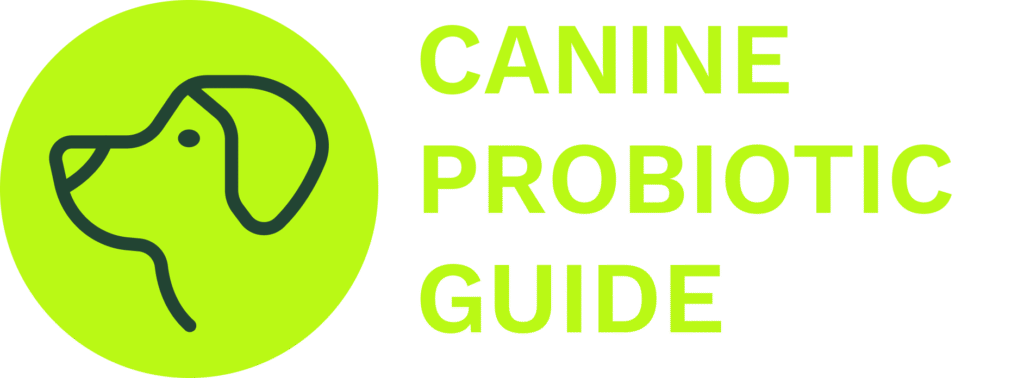Probiotics are generally safe for dogs, but awareness of potential side effects and risk factors is essential for responsible supplementation. While most healthy dogs tolerate probiotics without issue, improper product selection, overdosage, or underlying health conditions can lead to adverse events. This guide outlines common side effects, at-risk populations, and veterinary recommendations to ensure safe probiotic use for your dog. Common Gastrointestinal Side Effects The most frequently reported side effects of probiotic supplementation in dogs involve transient gastrointestinal (GI) upset. These include: These side effects usually arise when introducing probiotics too quickly or at high doses. To minimize GI upset, start with a low dose and gradually increase to the recommended amount over 5–7 days. Risk Factors for Adverse Events While most dogs tolerate probiotics well, certain factors increase the risk of side effects: Owners should inform their veterinarian of any chronic diseases or concurrent medications before starting probiotics. Quality and Label Accuracy Concerns Product quality directly impacts safety. Numerous studies reveal that many commercial probiotics fail to meet label claims or contain uncharacterized organisms. Potential hazards include: To ensure safety, choose veterinary-specific probiotics from reputable manufacturers that provide third-party verification of strain identity, CFU counts through expiration, and contaminant screening. Immunomodulatory Effects and Unintended Consequences Probiotics modulate the immune system by interacting with gut-associated lymphoid tissue. While this can enhance immune responses, unintended consequences may arise: Probiotic-Induced Dysbiosis and Overgrowth Introducing probiotic strains can occasionally disrupt the existing microbial balance: Balanced, multi-strain formulations and adherence to recommended dosing minimize the risk of dysbiosis. Special Populations: Puppies and Seniors Puppies possess developing immune and digestive systems that respond differently to probiotics: Senior dogs often have altered gut permeability and immune function: Monitoring and Veterinary Oversight Probiotic safety relies on ongoing monitoring. Owners should: Veterinary guidance ensures that probiotics complement—not complicate—your dog’s health plan. Best Practices for Safe Probiotic Use Conclusion Probiotics offer valuable support for canine gut health when used responsibly, but awareness of potential side effects, quality issues, and individual risk factors is crucial. Transient gastrointestinal upset represents the most common adverse event, while serious complications remain rare when selecting high-quality, veterinary-tested products and following recommended dosing protocols. Always consult your veterinarian—particularly for at-risk dogs—to tailor probiotic use safely, ensuring your canine companion reaps the benefits without unnecessary risks.



